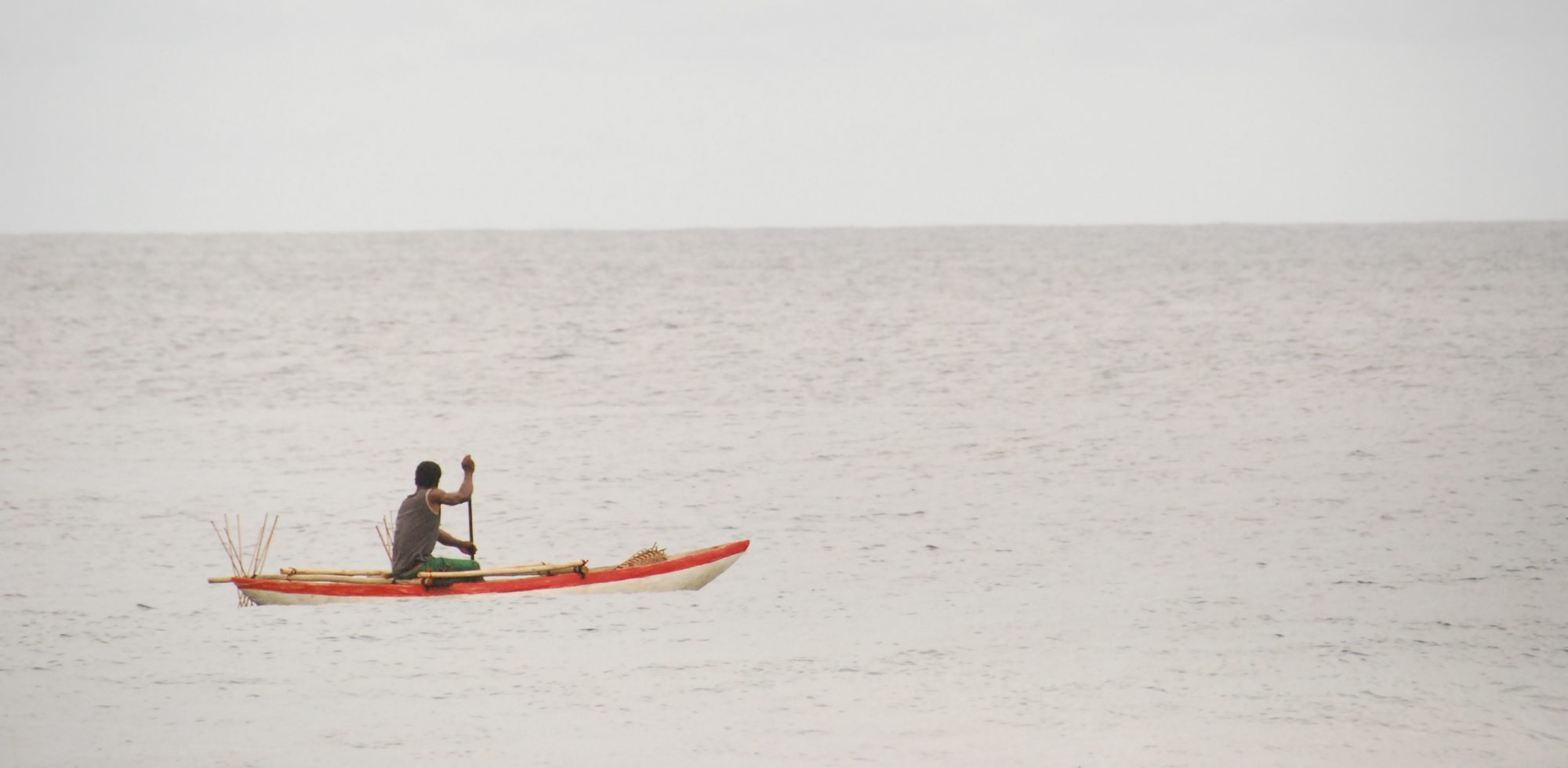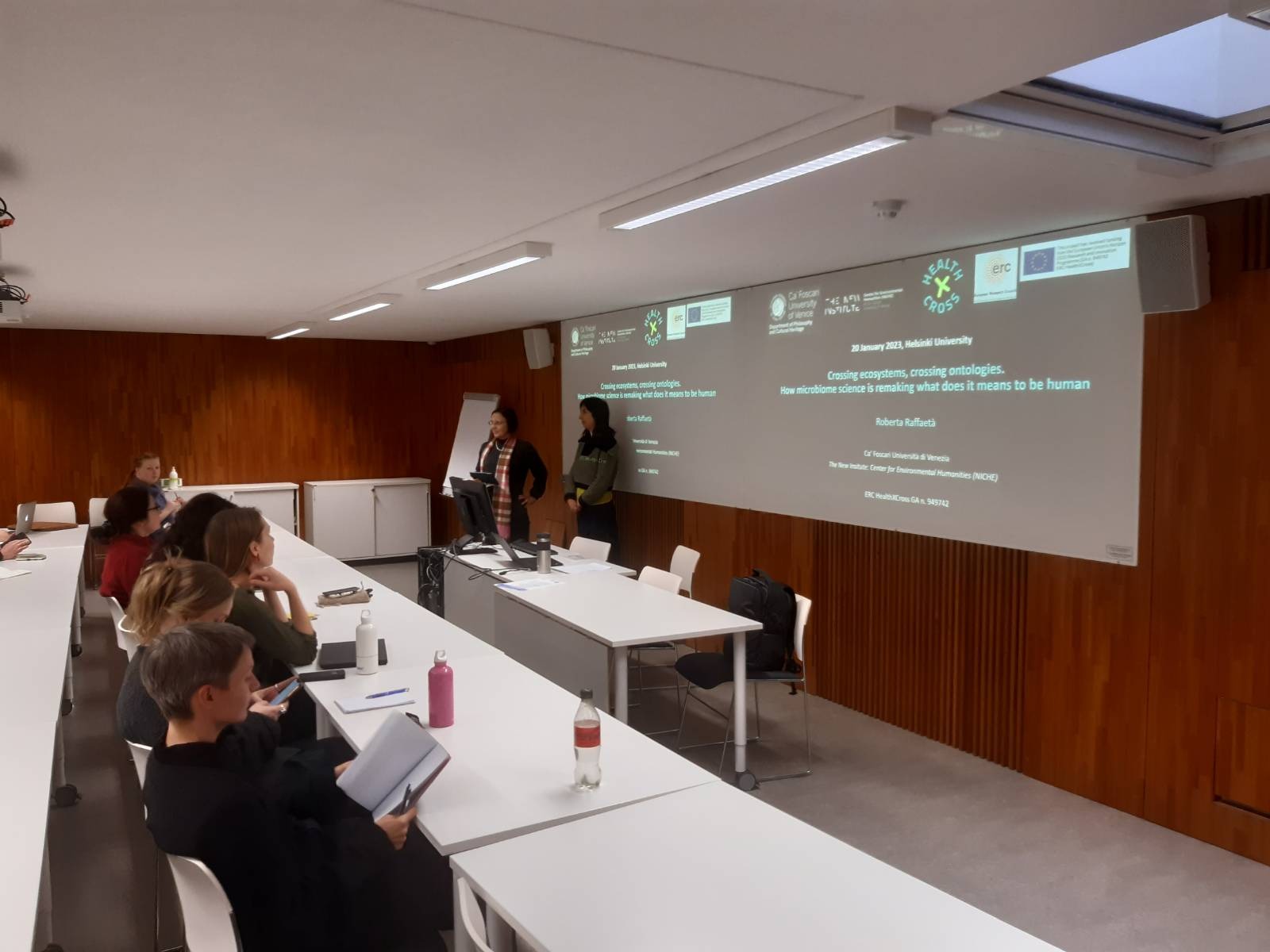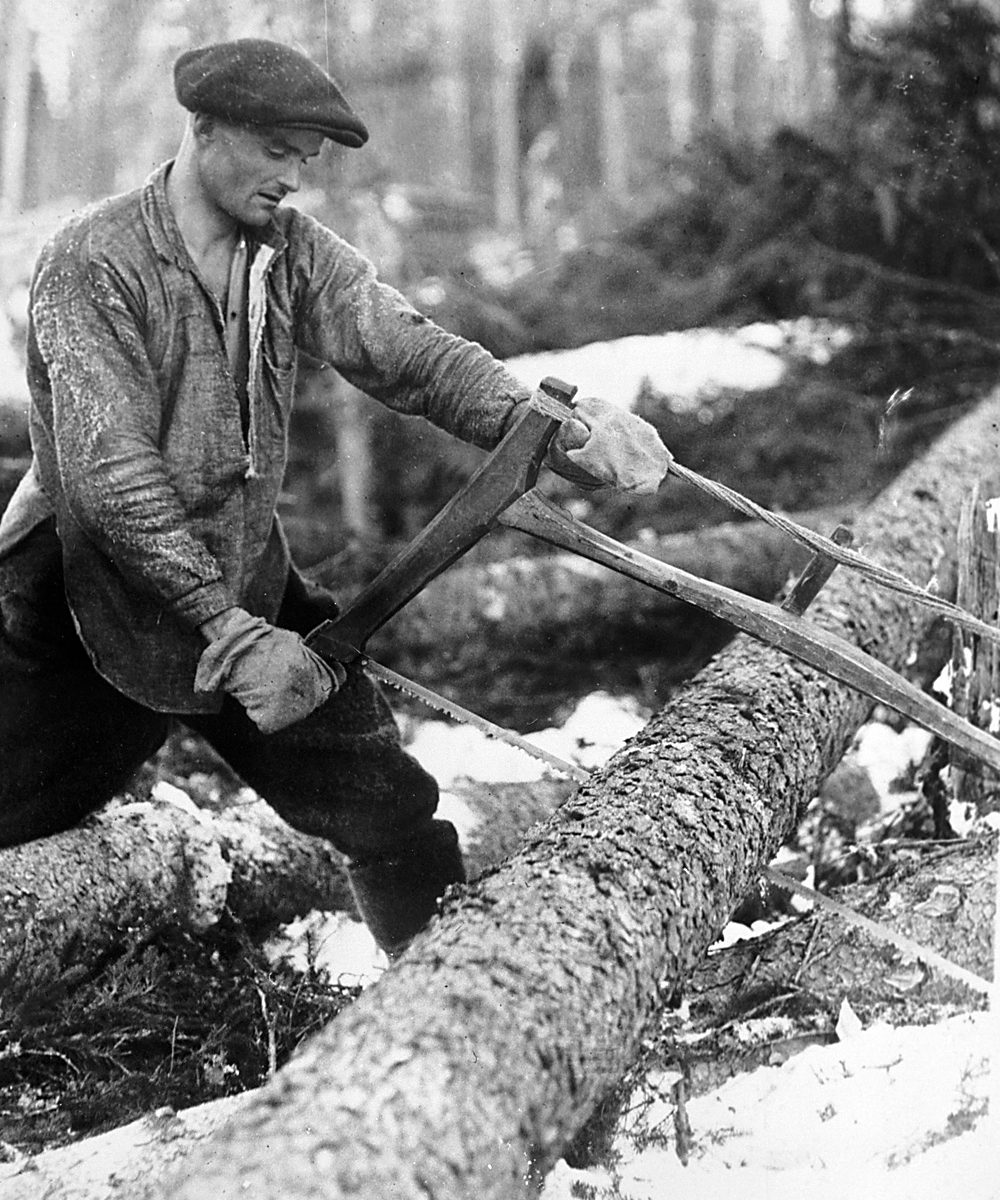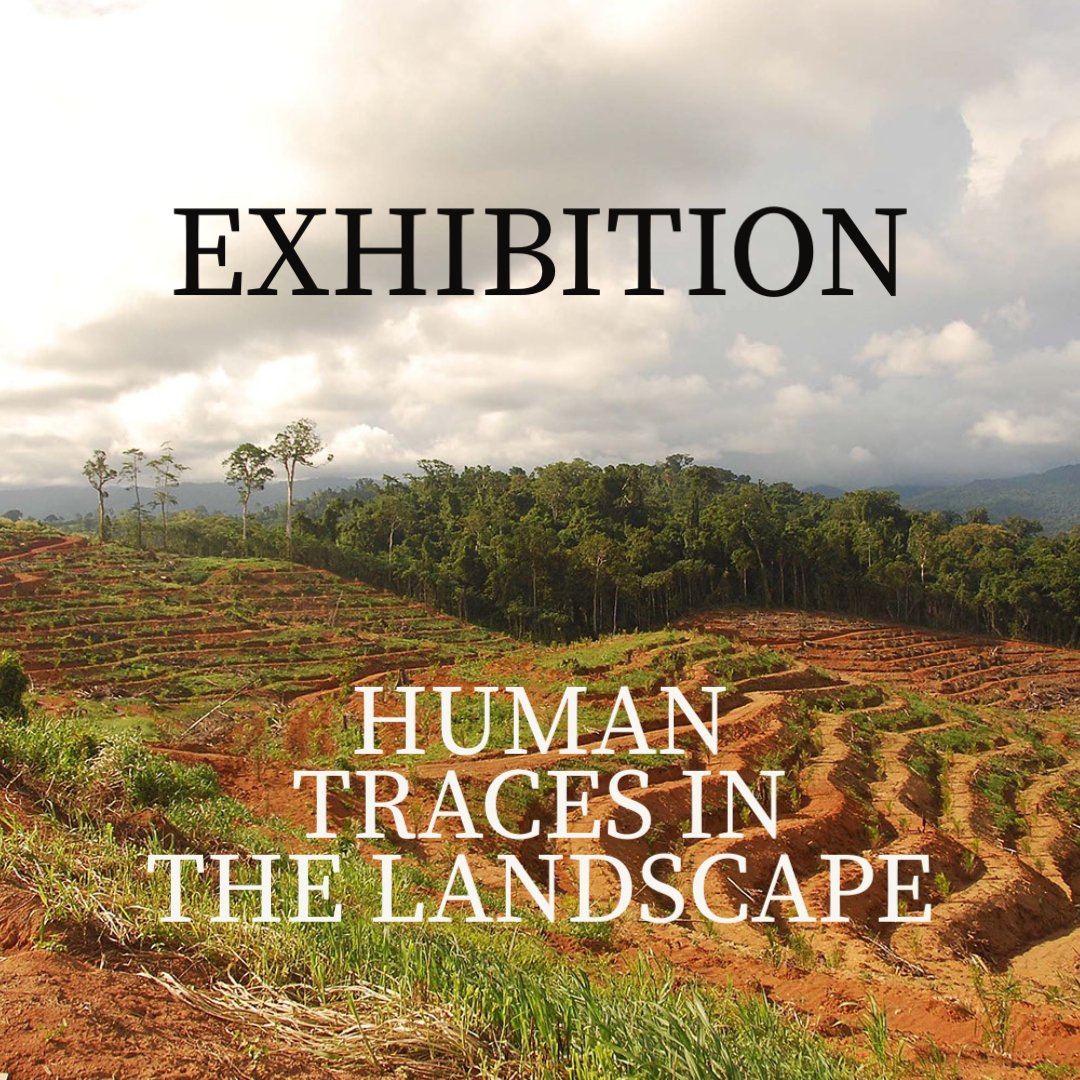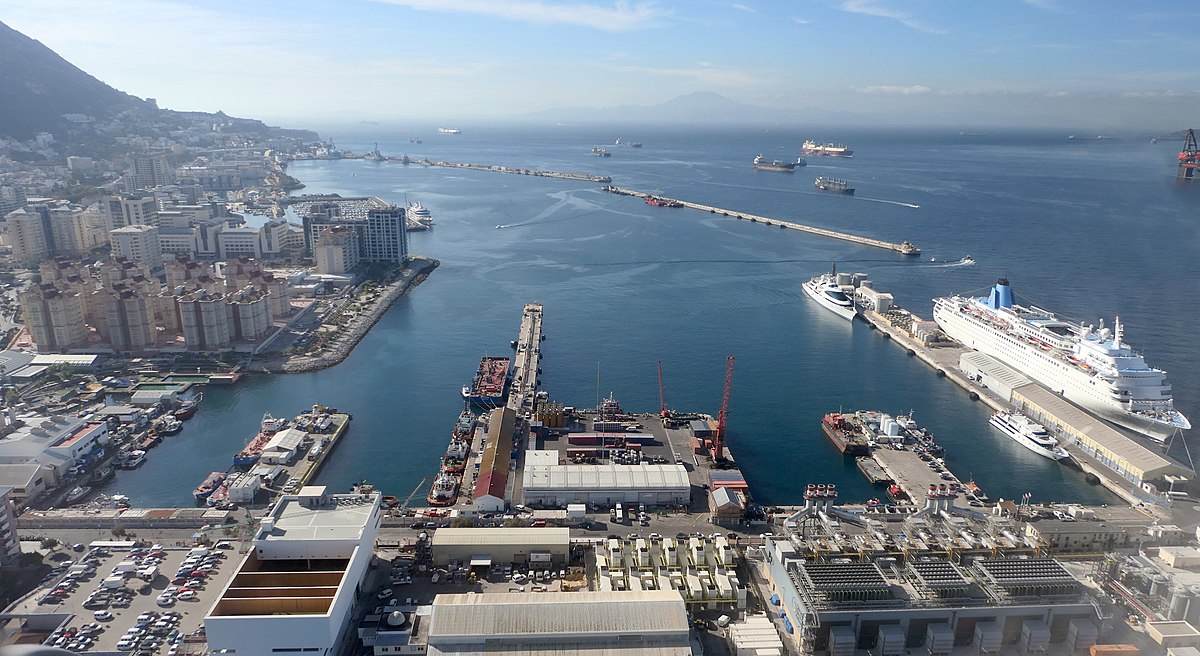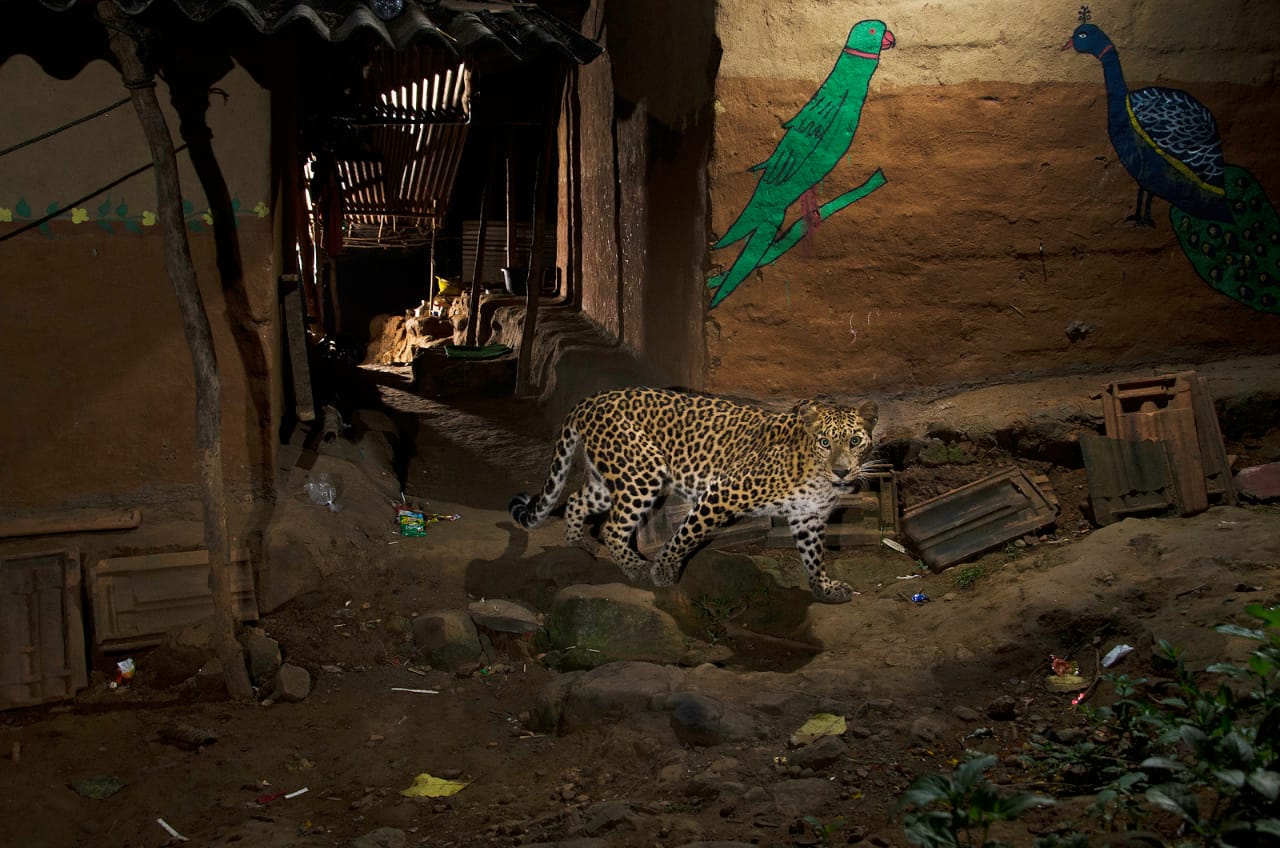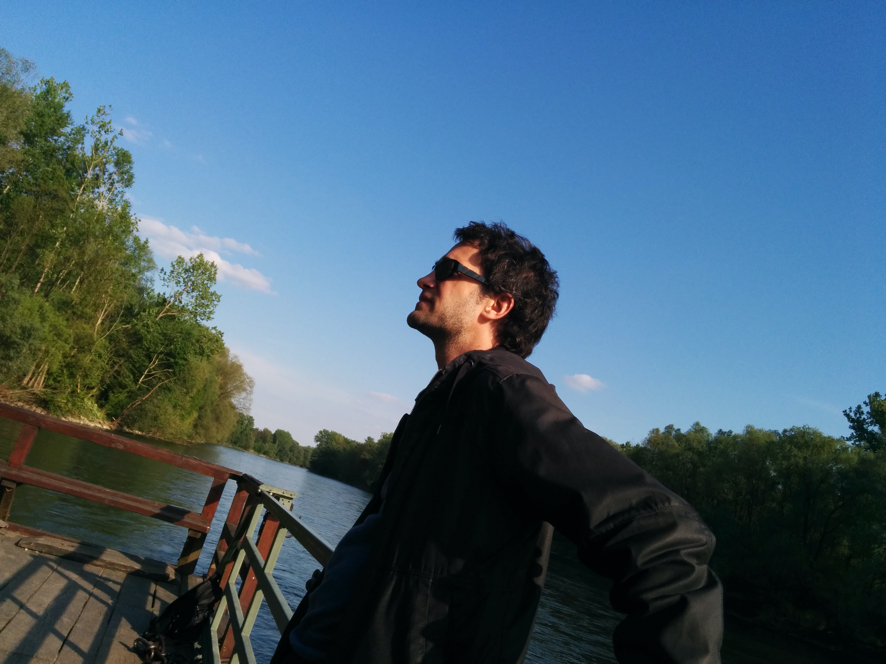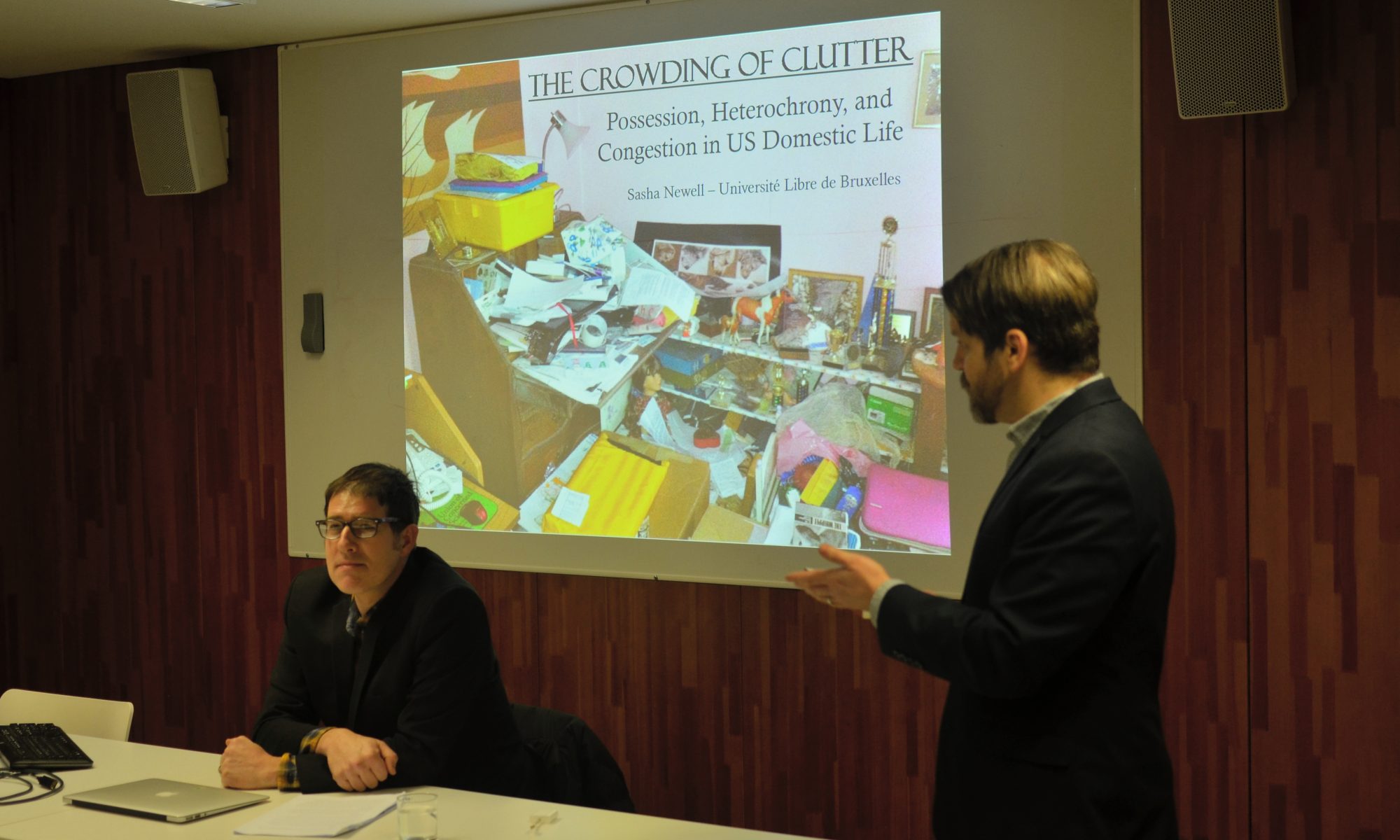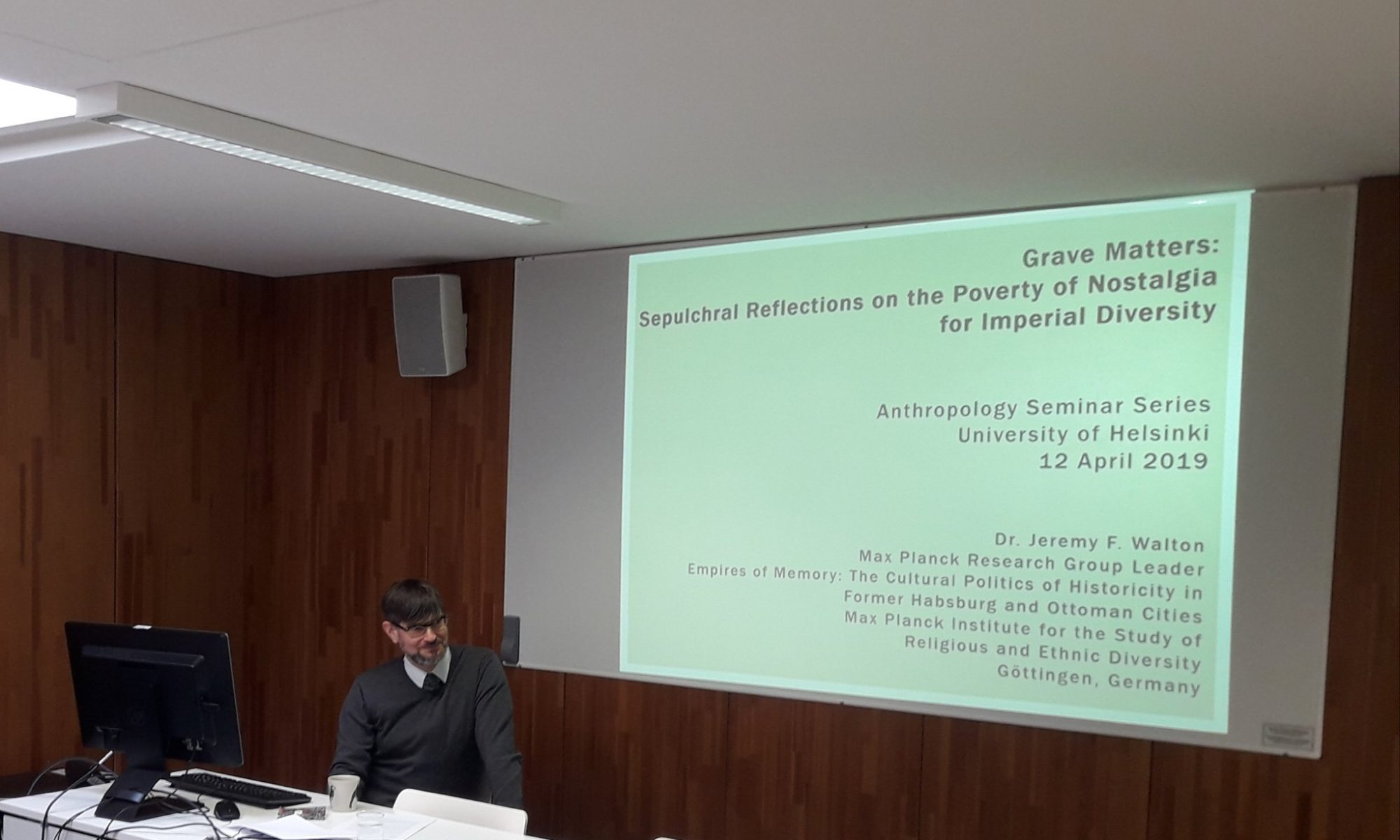We fully support their demands, which are the following:
-
- No cuts of housing subsidies. On the contrary, the living conditions of all students — including international students — must be improved. More affordable housing must be constructed!
- No tuition fees for anyone! Not now and not ever. Access to education should not be commercialised!
- Mental health services for students must be guaranteed.
- Universities must stand behind our demands and show solidarity!
- We demand that the university takes a stand against racist immigration policies that further discriminate against international students and defends the possibility for students to concentrate on their studies without worrying about their livelihood, regardless of their nationality.
The planned cuts and restrictions make it significantly more difficult for students to focus on their studies and succeed in them. It will lead to postponed time of graduation and to students dropping out. It increases unjust access to higher education, when economic support from families becomes ever more important and the precarious situation of international students puts their studies at risk. It is a question of equal access to education, a feature of the Finnish education system that has previously been valued and cherished but is now being jeopardized even further.
We salute the progressive articulation of students’ demands, which go beyond a narrow focus on national borders and white students only. While the university is willing to brand itself as “international”, the costs of this “internationalization” are downloaded upon international students and their families, who must acquire debt to get their residence permits, accept precarious low-paid jobs and navigate racist labour and housing markets.
We appreciate CEREN’s initiative in this matter and thank CEREN’s researchers for formulating this statement. We invite other teaching and research staff of the University of Helsinki to support students’ demands and show solidarity with those who are especially affected by the cuts and racist immigration policies put forward by the new government.
Anthropology Researchers Collective
Contact persons:
Matti Eräsaari, matti.erasaari@helsinki.fi
